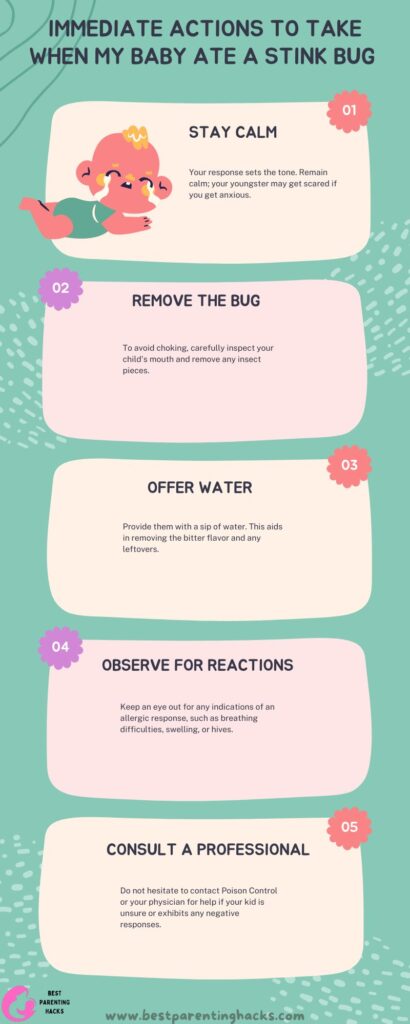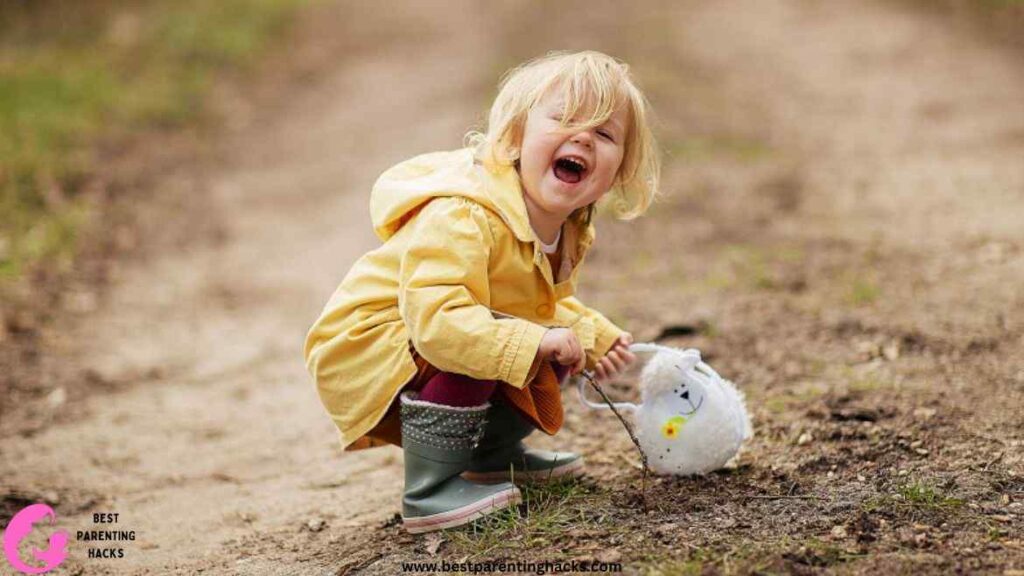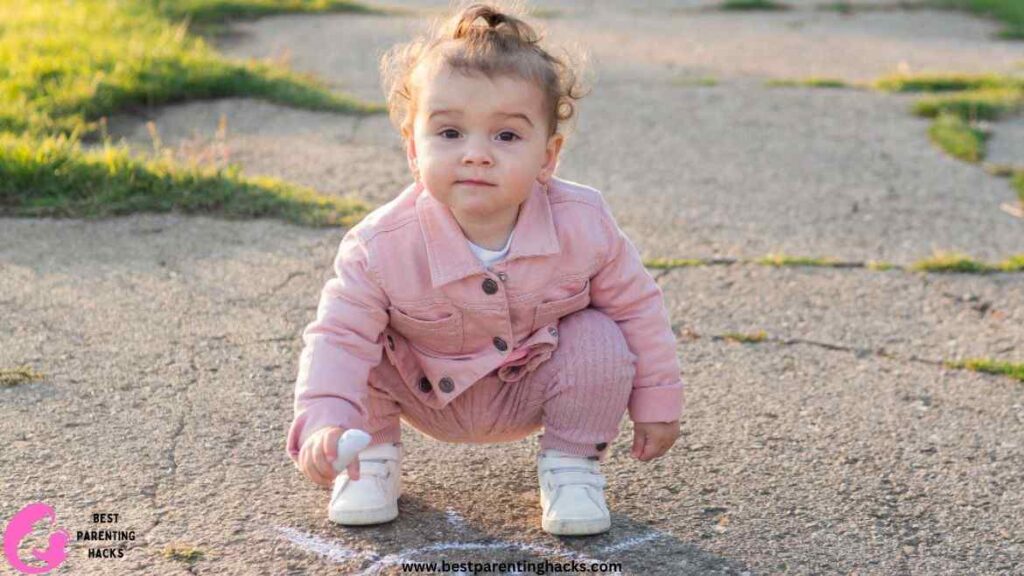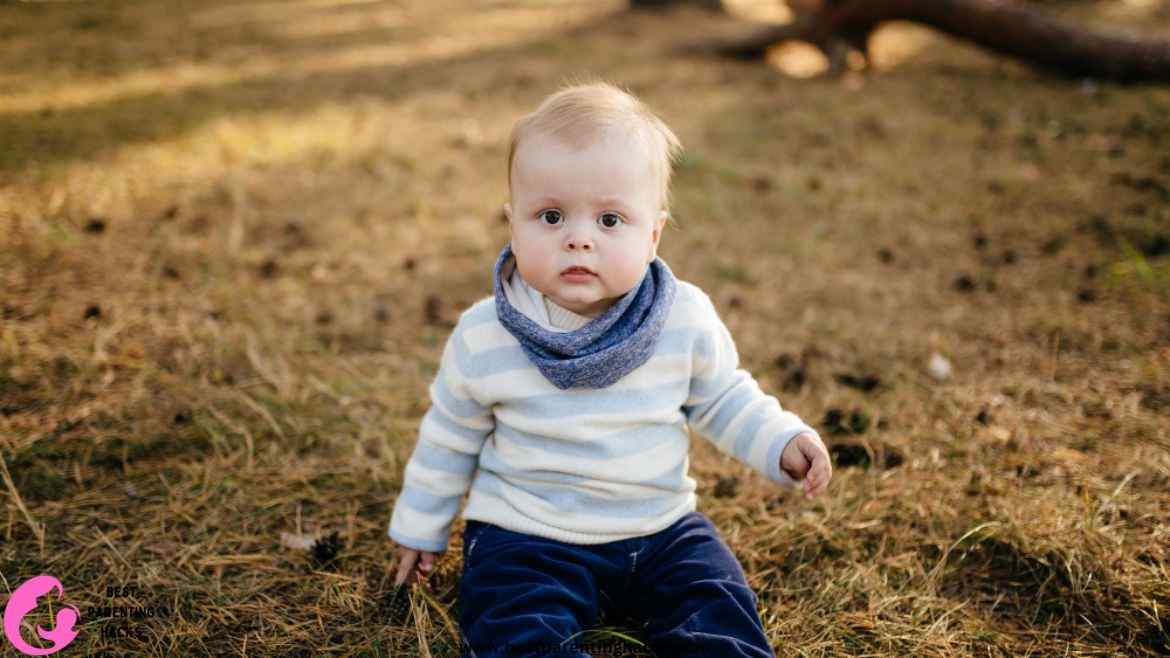Table of Contents
Having seen it all as a mom and content creator, I never imagined that I would be writing, “My Baby Ate a Stink Bug.” Still, here we are. It’s one of those embarrassing, perplexing, and—looking back—quite humorous parenting situations. Allow me to describe the situation: It was a normal afternoon in Florida. My little one was playing quietly as the sun shone and the birds sang. That is, I believed. That tranquility was quickly replaced with fear as I noticed my kid eating a stink bug. Like me, you’re searching for solutions if you’ve encountered a similar circumstance.
Now, let me give you the direct response you seek before you go into full-blown panic mode: If a youngster eats a stink bug, most of the time there’s no need to be concerned. Even though they shouldn’t be consumed often, these bugs usually don’t do any harm when consumed. To guarantee both your peace of mind and the protection of your child, there are a few things you should be aware of and actions you should take. Let’s delve into the realm of stink bugs and what to do if your curious child expresses a desire to try one out for themselves.

Immediate Actions to Take
Here are five important things to do if you discover your child has a stink bug in their mouth:
1. Stay Calm: Your response sets the tone. Remain calm; your youngster may get scared if you get anxious.
2. Remove the Bug: To avoid choking, carefully inspect your child’s mouth and remove any insect pieces.
3. Offer Water: Provide them with a sip of water. This aids in removing the bitter flavor and any leftovers.
4. Observe for Reactions: Keep an eye out for any indications of an allergic response, such as breathing difficulties, swelling, or hives.
5. Consult a Professional: Do not hesitate to contact Poison Control or your physician for help if your kid is unsure or exhibits any negative responses.
You Might Also Like to Read: I Accidentally Gave My Baby Expired Baby Food. What Should I Do?
Understanding Stink Bugs
They are scientifically referred to as Pentatomidae, stink bugs are a family of insects that have grown rather prevalent, particularly in homes. Their shield-like form and their well-known defensive mechanism—a strong stench they exude when threatened—make them immediately recognizable. However, what are these bugs precisely, and why do they smell? Their biology holds the key. To protect themselves from predators, stink bugs release a chemical that is produced by a gland in their abdomen. Though disagreeable to humans and other possible aggressors, its odor is benign overall.
1. Appearance: Stink bugs have a characteristic shield-like shape and are often brown or gray. They have two antennas and six legs.
2. Habitat: Although they are frequently seen in gardens, they may venture indoors in search of warmth, particularly during the winter.
3. Diet: Since stink bugs mostly eat fruits, leaves, and stems, they can occasionally be an annoyance in gardens.
4. Behavior: Stink bugs are not aggressive, despite their sluggish, ponderous flying. When disturbed or crushed, they produce their distinctive scent.
You Might Also Like to Read: Is 50 Degrees too Cold For My Baby?

Potential Health Concerns
Although not toxic, stink bugs can have negative health effects, particularly in young children with specific sensitivities.
1. Mild Gastrointestinal Upset: The bug’s flavor makes minor stomach upsets or vomiting the most frequent reactions.
2. Allergic Reactions: Stink bug proteins can occasionally cause allergic reactions in kids with strong sensitivities, especially to shellfish.
3. Skin Irritation: The bug’s secretions may cause mild skin irritation if they come into touch with the skin.
4. Respiratory Issues: Breathing in the vicinity of a crushed stink bug may cause moderate respiratory pain in children with respiratory sensitivity.
5. Anxiety and Fear: It’s important to reassure a youngster who may be experiencing anything frightening and ease any anxieties they may have.

Preventing Future Incidents
1. Seal Entry Points: Examine walls, doors, and windows for gaps and cracks. You can keep stink bugs out of your house by sealing these.
2. Maintain a Home Clean: Frequent cleaning helps lessen the number of mosquitoes and other creatures that stink bugs feed on.
3. Educate Your Child: Stress to your kids the value of not putting strange things—especially insects—in their mouths.
4. Use Natural Repellents: Essential oils that don’t hurt your family can ward off stink bugs like neem or mint.

Parental Experiences and Stories
Throughout my parenting experience and in my online conversations with other parents, I have seen many stories of kids eating things they shouldn’t, including stink bugs. A parent related how their kid had eaten a stink insect during a picnic, which caused a brief period of fear until hilarity broke out. Someone related how their kid mistook the insect for a raisin. These tales, despite their occasional comedy, bring to light a typical situation that many parents go through.
Conclusion
Upon contemplation of my own experience as well as the narratives of others, it is evident that parenting is an erratic journey replete with anxiety, humor, and education. The most important lesson to be learned from the stink bug story is that, although alarming, most stink bugs are not deadly. Remain calm, remain educated, and keep those pests away!

FAQs
1. If my toddler consumes a stink bug, what should I do right away?
• Take remove any insect pieces from their mouth, provide water, and watch for negative responses.
2. Do stink bugs carry poison?
• No, stink bugs are not toxic, although their flavor may make some people feel a little uncomfortable.
3. Can an allergic response result from consuming a stink bug?
• It’s not common, but it can happen, particularly in kids with serious allergies.
4. How can I keep stink bugs out of my house?
• Use natural repellents, keep surfaces clean, and seal any gaps and cracks.
5. Should I take my child to the doctor if they eat a stink bug?
It is advisable to speak with a healthcare provider if you have extreme discomfort or any indications of an allergic reaction.




